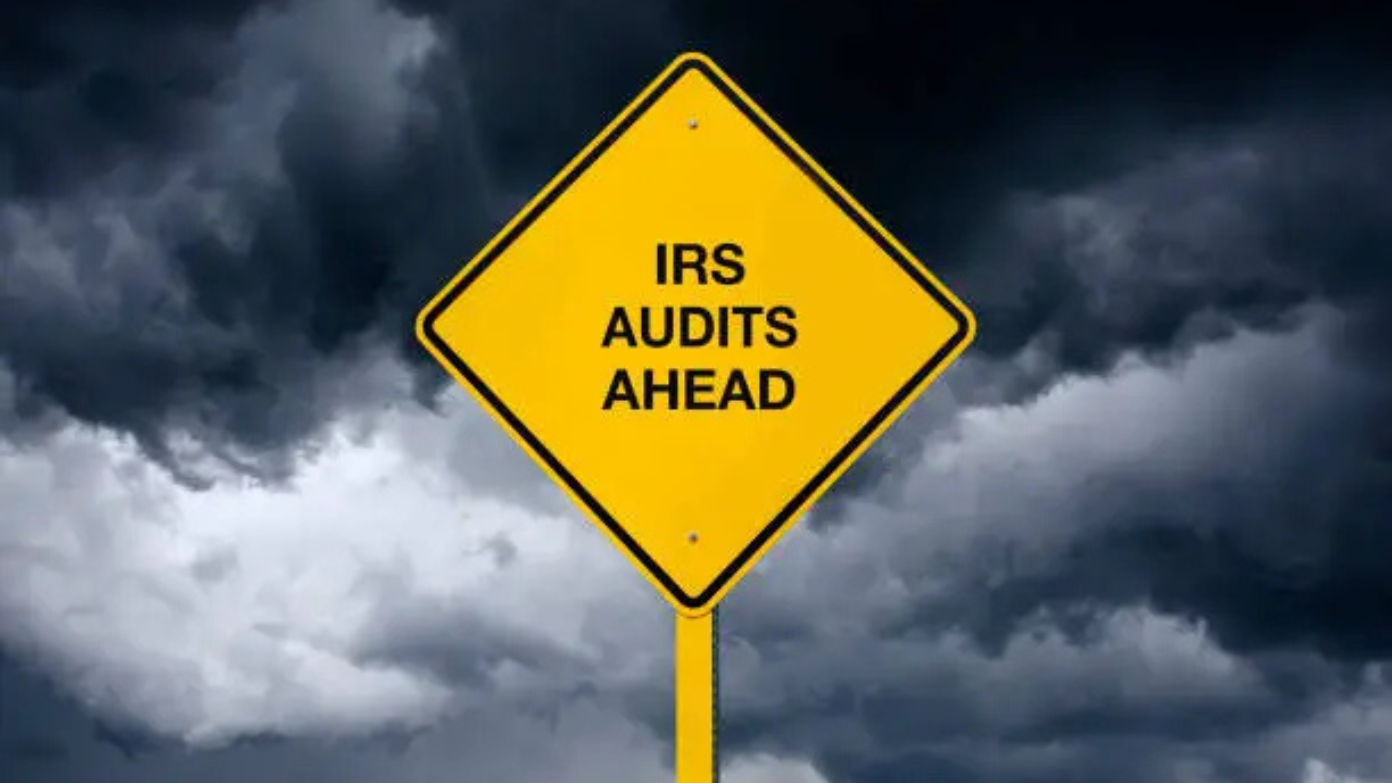The Internal Revenue Service (IRS) will audit just a small random number of tax returns each year, but some thresholds have enormously higher audit possibilities. You have to be familiar with these triggers for those individuals who want to minimize the prospects of an audit. The five main indicators are provided below and will help you deal with the complexity of tax filings more shrewdly.
1. Underreporting income
The most frequent reason for an IRS audit is underreporting income. Taxpayers are required to report all income on their tax returns, including wages, freelance income, dividends, and interest. Employers and banks report copies of W-2 and 1099 to the IRS, so they know your income.
If your reported income that you have listed is different than what the IRS has in their records, you are asking them to audit. Omitting moonlighting, like freelancing, or neglecting interest from banks would raise an alarm. Steer clear of this pitfall by being specific when reporting income and compare it to whatever paper you are given.
2. High levels of income
Statistically, those who make higher incomes are audited than the low-income workers. Although overall audit rate fell in the not-so-distant past, earners of over $200,000 are still audited more stringently. During 2023, the IRS audited just about 0.44% of individual tax returns filed with closer scrutiny focused on the better-paid.
If you’ve experienced a sharp increase in income over past years, that too can raise an eyebrow with the IRS. Though you can’t help but make what you make, good record-keeping and being able to justify your income will cut down on audit risk.
3. Claiming huge deductions
Making huge deductions in relation to your earnings will trigger an IRS audit. Although you have the right to claim legitimate deductions, claiming amounts that appear excessive in relation to your reported earnings can raise red flags. For example, declaring earnings of $50,000 and claiming charitable donations or business expenses of $25,000 can raise suspicion.
To protect yourself against this risk, make sure your deductions are reasonable and well-documented. Keep receipts and records for all of your deductions, particularly those that are unusually large or not typical for your income level.
4. Mathematical errors
Small math errors on your tax return will also prompt an audit. Math errors or transposed numbers are a few of the errors that will catch the attention of the IRS. Small errors will have your return questioned.
To prevent this problem, double-check all of the information inputted on your tax returns prior to submission. Utilizing a tax professional or tax preparation software to prepare your return can reduce errors and enable your return to be accurate.
5. Reporting business losses
If you are in business and persistently report losses year after year, this will put the IRS on notice. It is normal for newly opened businesses to experience losses for a few years, but huge losses for many years will make the IRS wonder whether you are operating the business or doing it as a hobby.
The IRS does have rules as to what will qualify as a business and what will qualify as a hobby for tax purposes. If you’re in this type of situation, you might want to get advice from a tax professional who can guide you through these types of situations and document your business ventures.
Staying vigilant
While audits are fairly rare—occurring to less than 1% of taxpayers—not being aware of these most common triggers can allow you to file with more confidence and accuracy. By reporting all income correctly, maintaining reasonable deductions in relation to your income, staying away from math errors, and being careful in how you report business activities, you can reduce your chances of attracting unwanted IRS attention considerably.
Taxpayers need to be proactive and alert when it comes to tax return planning. Documentation and seeking professional help when needed will not only keep taxpayers safe from the danger of audits but also keep them compliant with evolving tax laws and regulations. This will allow taxpayers to effectively manage their duties while staying safe during tax season.
Read more: The IRS warns that receiving tax advice from TikTok could delay your refund for this reason
Read more: How to create an IRS account and the advantages of doing so – Follow the step-by-step guide to do it
